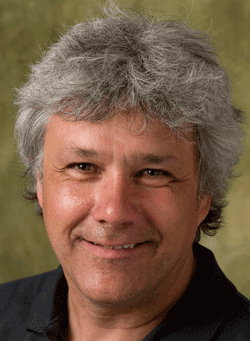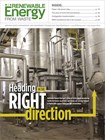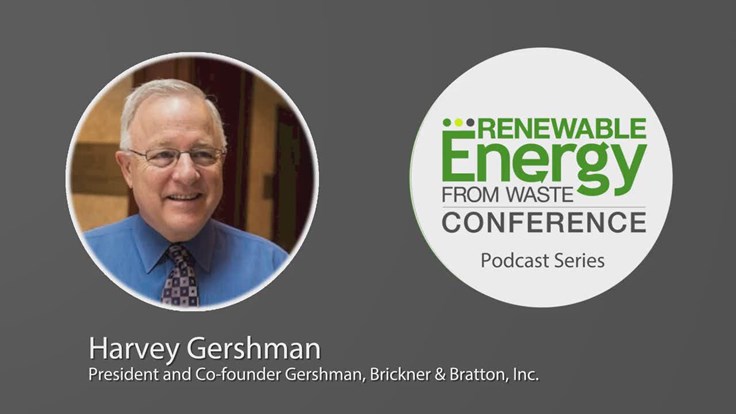 |
| Stefan J. Grimberg |
A member of the Clarkson faculty for 20 years, Grimberg is commuting to Montreal during the fall semester, and using his sabbatical to work full time on this project during the spring semester.
“My research focus area is biological processes. I'm interested in wastewater treatment processes and the generation of renewable energy through the anaerobic digestion of waste,” he says. “For ten years, we've studied high-strength, or concentrated wastes, such as manure to generate biogas. The energy from biogas can be used in an engine to create electricity and heat.”
Biogas is of special interest in agricultural areas such as northern New York for several reasons.
Organic waste takes up room in landfills and creates methane, a potent greenhouse gas that is harmful to the environment. While large dairy farms produce sufficient manure to use generated biogas from anaerobic digestion to cover their electricity needs, it is more economical for smaller farms to offset heating expenses through direct burning of the biogas.
Grimberg's research group at Clarkson has been operating a food digester system on campus for four years that is now treating most of the University's preconsumer food waste. The food digester system plays an integral part of Clarkson's sustainability initiative and reduces its environmental impact.
As the next step, the researchers are working with the campus community to expand organic waste diversion on campus, thus increasing energy production and nutrient recycling.
“More states and communities are becoming interested in diverting organics from landfills,” Grimberg says. “This project came about because Quebec has a goal of no organic waste in landfills by 2020. That's a very fast deadline. Right now, the choices to dispose of organic wastes are composting, anaerobic digestion, or combustion. The first two options are more viable in America, so then the question is 'how do you get the organic waste material to a facility?' One way is through direct disposal to sewer system, or, alternatively, separate curbside collection.”
Grimberg and his colleagues in Canada will determine the best process to manage the organic waste and recover its energy. Their research will encompass the environmental, economic, and policy implications of diverting organic waste from landfills to wastewater treatment plants.
What difference can it make here in the United States? According to the Environmental Protection Agency, food scraps account for approximately 18 percent (by mass) of the total landfill waste stream in the U.S. If just half of these food scraps generated each year was anaerobically digested, enough electricity would be generated to power over 2.5 million homes for a year.



